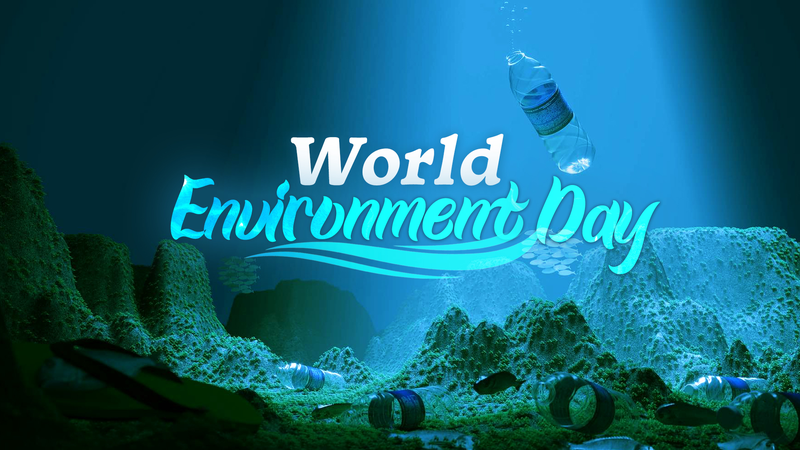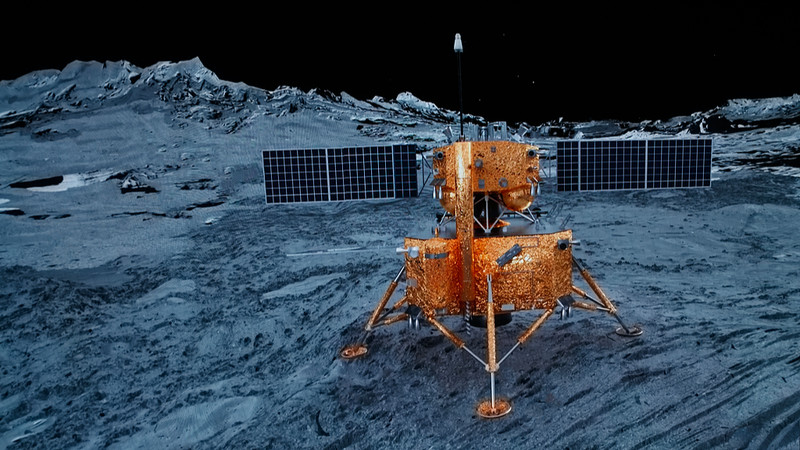Every year, our planet churns out more than 400 million tonnes of plastic – and half of that is destined for single-use products. Even worse, less than 10% of plastic is recycled, leaving the rest to pile up in landfills, incinerators or to wash into rivers and oceans. The result? Coastal ecosystems under threat, marine wildlife in peril and communities around the world feeling the impact.
This challenge won global attention when the United Nations chose ending plastic pollution as the theme for World Environment Day on June 5, 2025. It's a call to action for governments, businesses, innovators and everyday citizens to work together across production, consumption and waste management.
Policy Solutions Driving Systemic Change
- Extended Producer Responsibility: Holding manufacturers accountable for the lifecycle of their products encourages redesign toward reusable or refillable packaging.
- Deposit Return Schemes: From bottles to cans, deposit systems can boost recycling rates to over 90%, giving consumers a direct incentive to return items for reuse.
- Global Agreements: Negotiations on a legally binding plastics treaty aim to set universal standards on reduction, recycling and cleanup commitments across countries and regions.
Tech Innovations on the Frontlines
- AI-Powered Sorting: Robotics and machine learning can now identify and separate different types of plastic at scale, speeding up recycling lines.
- Chemical Recycling: New processes break plastics down to their original building blocks, offering a pathway to true closed-loop recycling.
- Next-Gen Materials: From plant-based biopolymers to biodegradable composites, startups are racing to replace traditional plastics in everything from packaging to textiles.
For young global citizens, entrepreneurs and changemakers, this is a moment to dive in: support policy campaigns, invest in or launch sustainable ventures, and adopt a zero-waste lifestyle. Travelers can pack reusable essentials, sports fans can choose eco-friendly merchandise, and tech enthusiasts can follow the latest breakthroughs reshaping our circular economy.
With World Environment Day 2025 on the horizon, the momentum is real – and the solutions are within reach. By blending smart policy with cutting-edge technology, we have a shot at turning the tide on plastic pollution once and for all.
Reference(s):
Ending plastic pollution: Policy and technological innovation
cgtn.com




